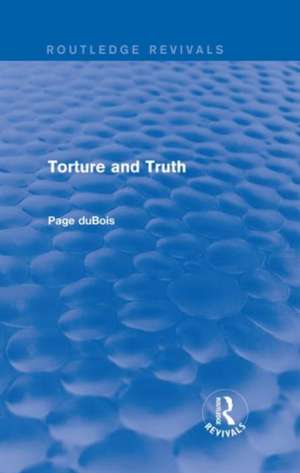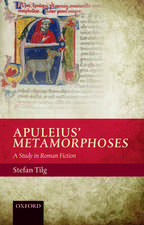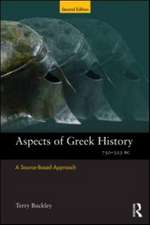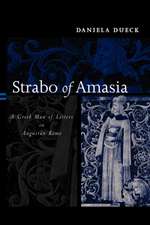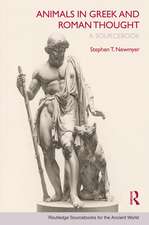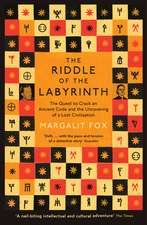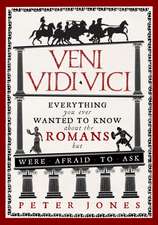Torture and Truth (Routledge Revivals)
Autor Page DuBoisen Limba Engleză Hardback – 7 iun 2016
| Toate formatele și edițiile | Preț | Express |
|---|---|---|
| Paperback (1) | 323.23 lei 6-8 săpt. | |
| Taylor & Francis – 31 mai 2018 | 323.23 lei 6-8 săpt. | |
| Hardback (1) | 625.03 lei 6-8 săpt. | |
| Taylor & Francis – 7 iun 2016 | 625.03 lei 6-8 săpt. |
Preț: 625.03 lei
Preț vechi: 839.00 lei
-26% Nou
Puncte Express: 938
Preț estimativ în valută:
119.61€ • 124.17$ • 99.74£
119.61€ • 124.17$ • 99.74£
Carte tipărită la comandă
Livrare economică 22 martie-05 aprilie
Preluare comenzi: 021 569.72.76
Specificații
ISBN-13: 9781138203624
ISBN-10: 1138203629
Pagini: 172
Dimensiuni: 156 x 234 mm
Greutate: 0.45 kg
Ediția:1
Editura: Taylor & Francis
Colecția Routledge
Locul publicării:Oxford, United Kingdom
ISBN-10: 1138203629
Pagini: 172
Dimensiuni: 156 x 234 mm
Greutate: 0.45 kg
Ediția:1
Editura: Taylor & Francis
Colecția Routledge
Locul publicării:Oxford, United Kingdom
Cuprins
1. Rome, 1985 2. Touchstone 3. The Law 4. Slavery and Freedom 5. Torture 6. The Slave’s Truth 7. Torture and Writing 8. Buried Truth 9. Some Pre-Socrates 10. Plato’s Truth 11. Democracy 12. Plato and Heidegger 13. Criticism/Self-Criticism 14. Women, the Body, and Torture; References
Descriere
First published in 1991, this book — through the examination of ancient Greek literary, philosophical and legal texts — analyses how the Athenian torture of slaves emerged from and reinforced the concept of truth as something hidden in the human body. It discusses the tradition of understanding truth as something that is generally concealed and the ideas of ‘secret space’ in both the female body and the Greek temple. This philosophy and practice is related to Greek views of the ‘Other’ (women and outsiders) and considers the role of torture in distinguishing slave and free in ancient Athens. A wide range of perspectives — from Plato to Sartre — are employed to examine the subject.
